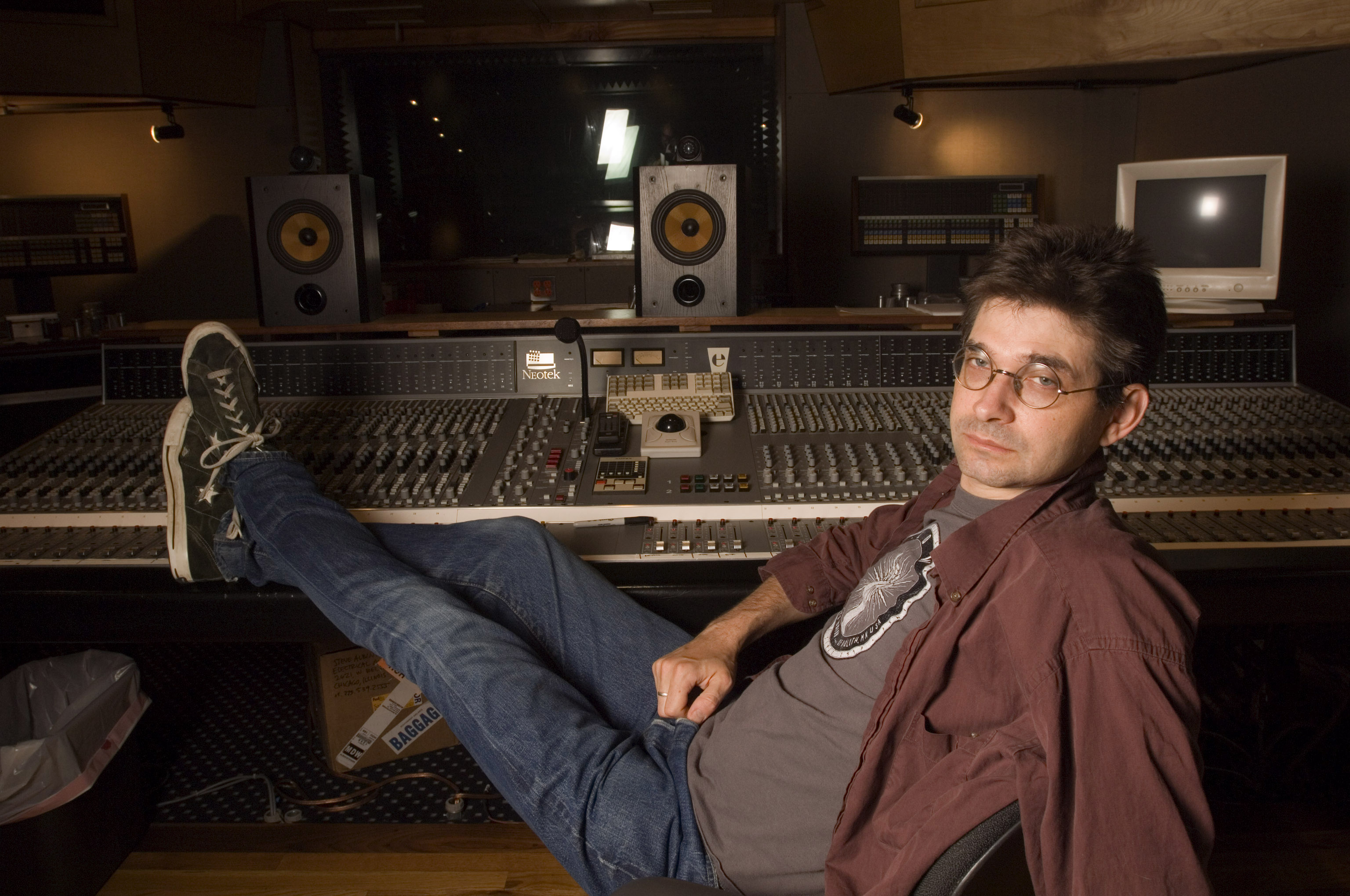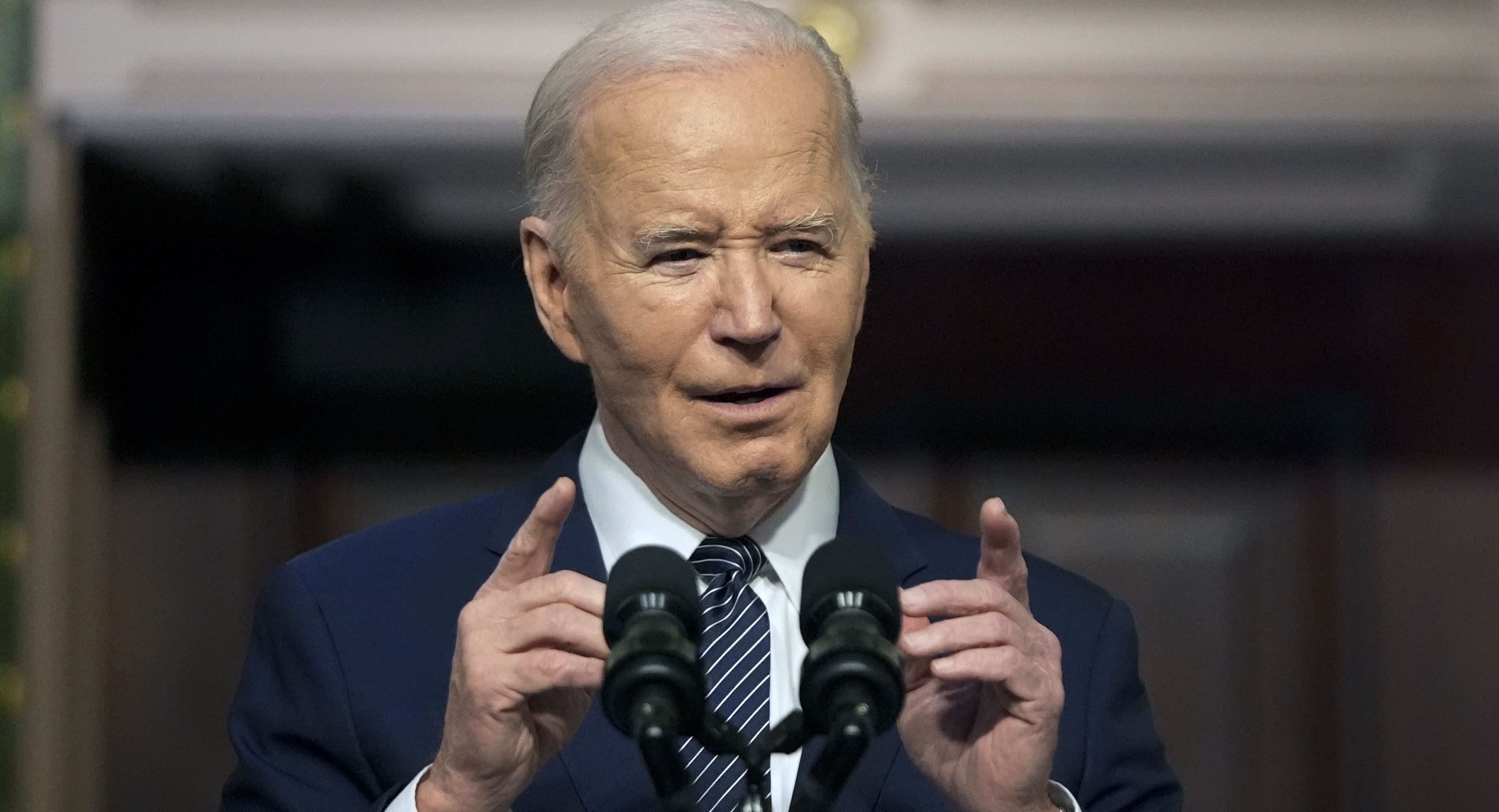Chicago Mayor Lori Lightfoot on Monday pointed to young adults in four specific neighborhoods as driving the city's "troubling" increase in coronavirus cases.
At a news conference announcing a new vaccination site for union members in the city, Lightfoot noted that although Chicago is progressing in its vaccine distribution, "we are not out of the woods yet by a long shot."
"Right now we are seeing a troubling uptick in our case positivity and daily case rates," Lightfoot said. "Folks, I just want to tell you, it was about three weeks ago that we were still on a downward trend and we were seeing daily case rates in the two hundreds."
"Today, we're over 400 average new cases a day and our percent positivity, which was the lowest that it had ever been in the pandemic in the twos, is now back to 4% positivity," she added.
"This is obviously a very troubling trend that is being driven by adults 18 to 39, who are primarily on the North and Northwest sides of our city, in our Lincoln Park, Old Town, Dunning and Portage Park neighborhoods," Lightfoot said.
Lightfoot also said the city has seen "a number of outbreaks involving younger people, among sports teams and as a result of bar crawls."
"Let me be clear, it's not the playing of the sport, or being at bars that is causing these outbreaks," she said. "It's the risky behavior in those settings that's creating the problem: not wearing a mask, not social distancing."
Local
"So to everyone listening right now and especially to our young people: Please continue to remain vigilant and keep your guard up," Lightfoot said. "The actions that you take now will impact what we can all do in the future. We don't want to be forced to take any steps back, or worse, close those things down because we haven't done what is necessary now to remain diligent. COVID-19 is still here, it is still killing people in our city every single day. So we have got to remain diligent."
Lightfoot implored residents to continue social distancing, avoid large groups, wash their hands frequently and to keep wearing masks.
Feeling out of the loop? We'll catch you up on the Chicago news you need to know. Sign up for the weekly Chicago Catch-Up newsletter here.
Monday was not the first time Chicago officials have blamed young adults for the increase in COVID-19 metrics. Chicago Department of Public Health Commissioner Dr. Allison Arwady said last week that that age group was seeing the largest increase in recent days, a concerning trend reminiscent of last fall's surge.
"So the biggest thing driving this is increases in cases in our younger adults, and I want to highlight that," Arwady said during a news conference last Tuesday. "Unfortunately, these sorts of increases are just what we were seeing in October as we were starting to see the beginnings of what became our huge surge. It was really the same case rates and younger adults that started this."
Arwady said that it was possible that that increase among young people may be related to vaccine eligibility, with seniors among the first eligible for their vaccine doses and younger adults waiting for their turn.
"It is a sign that the vaccine efforts are working, but it is also a reminder for me, and hopefully for everybody, that there are people in the younger age groups I think who perhaps are being less cautious," Arwady said. "And whether that's because they're feeling confident that the older people they interact with are already hopefully fully vaccinated, or whether there's just a sense that COVID is over... so it doesn't surprise me to see that the cases are going up in the ages that are less eligible for the vaccine, but the patterns that we're seeing, to be very clear, are the same patterns, we were seeing in October as we were watching with some concern."
Chicago's coronavirus metrics have shown "worrying increases" in recent weeks, officials said Thursday, noting that "most alarmingly," the daily number of new COVID cases in the city has risen into the "high risk" category due to several straight days of increases.
As of Monday, Chicago's positivity rate had climbed to 4.2%, with a seven-day rolling average of 473 new COVID cases diagnosed per day - even as testing has declined.



